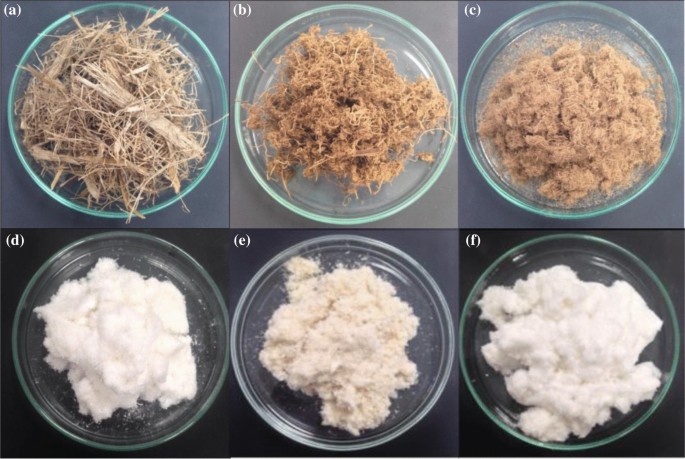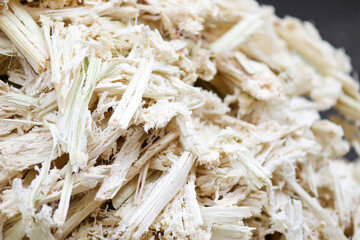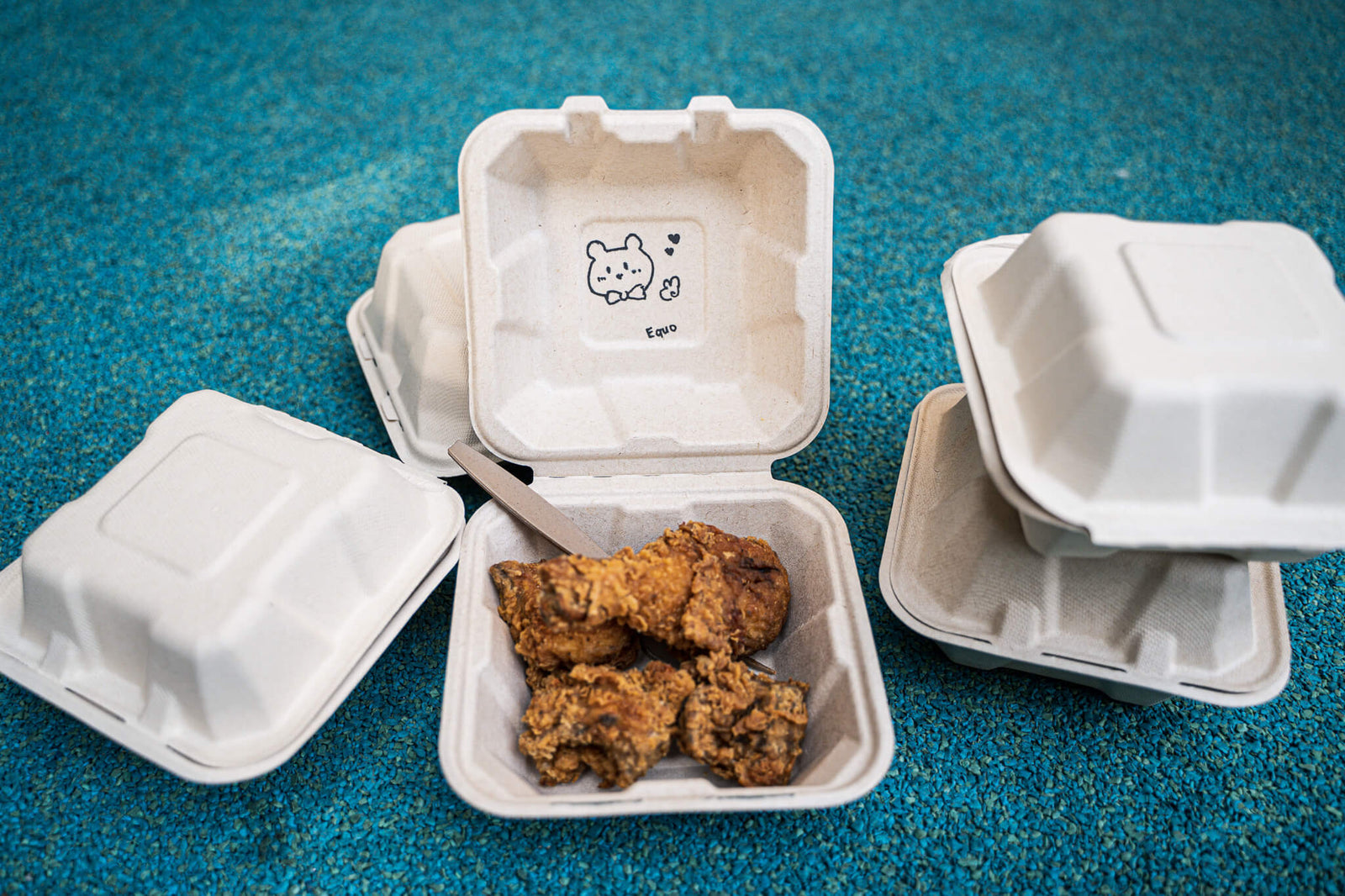Sugarcane Product: A Key Ingredient in Eco-Friendly Alternatives
Sugarcane Product: A Key Ingredient in Eco-Friendly Alternatives
Blog Article
Sustainable Sugarcane Products: From Sweeteners to Eco-Friendly Item
The possibility of sustainable sugarcane products expands past traditional sugar to incorporate a variety of environmentally friendly products, presenting a compelling instance for their integration right into contemporary customer methods - sugarcane product. As the world faces pushing ecological concerns, sugarcane becomes a flexible source capable of resolving both dietary requirements and sustainability objectives. This conversation will discover exactly how innovations in sugarcane growing and handling can result in significant advancements in biodegradable product packaging and eco-conscious fabrics. What effects might these growths have for future consumer options and ecological impact?
Summary of Sugarcane Sustainability
As the demand for environmentally pleasant products grows, comprehending sugarcane sustainability becomes increasingly vital. Sugarcane, a versatile crop, is grown largely in tropical and subtropical regions, and its sustainability is essential for both environmental health and financial feasibility. Sustainable sugarcane farming techniques concentrate on decreasing eco-friendly effect while optimizing efficiency and earnings.
Secret facets of sugarcane sustainability consist of effective land usage, lowered chemical input, and enhanced water administration. Practices such as crop rotation, integrated bug management, and natural fertilization add to soil health and biodiversity. Additionally, innovative modern technologies, such as accuracy farming, assistance maximize resource use and reduce waste.
Additionally, sugarcane is a renewable resource, with spin-offs that can be made use of in various sectors, from biofuels to naturally degradable plastics, consequently minimizing reliance on fossil fuels and lessening carbon impacts. Certifications like the Bonsucro basic motivate sustainable practices throughout the supply chain, promoting openness and liability.

Sugarcane-Based Sugar
Utilizing sugarcane as a primary resource, sugarcane-based sugar have acquired prominence as all-natural alternatives to polished sugars and sweetening agents (sugarcane product). These sugar, obtained from the extraction and processing of sugarcane juice, supply a range of products that satisfy diverse consumer preferences, consisting of organic and minimally refined options
Among the most significant sugarcane-based sweeteners are raw walking cane sugar, panela, and molasses. Raw cane sugar maintains even more of the natural flavors and nutrients discovered in sugarcane, making it a popular selection for health-conscious consumers. Panela, a typical Latin American sweetener, is generated by vaporizing sugarcane juice, preserving its natural minerals and vitamins. Molasses, a result of sugar extraction, is rich in antioxidants and crucial nutrients, offering as a nourishing sweetening agent in numerous culinary applications.
The growing need for sugarcane-based sweeteners is driven by increasing recognition of health and sustainability issues connected with conventional sweeteners. By choosing sugarcane-derived products, consumers not just support sustainable agricultural practices but also add to a much healthier way of life, straightening their dietary options with their environmental worths.
Biodegradable Packaging Solutions
Arising as a viable alternative to conventional plastics, eco-friendly product packaging options derived from sugarcane are changing the packaging market. These innovative products give an eco-friendly option that deals with the growing worries over plastic air pollution. Making use of the natural sugars discovered in sugarcane, makers are developing numerous kinds of eco-friendly packaging, consisting of movies, containers, and covers that decompose more rapidly than typical plastics.
The primary benefits of sugarcane-based product packaging depend on its sustainable sourcing and its capability to damage down right into non-toxic by-products. Unlike fossil fuel-derived plastics, which can linger her explanation in the environment for centuries, sugarcane packaging commonly decomposes within a couple of months under correct conditions. This reduction in waste not only reduces garbage dump overflow however also reduces the carbon impact connected with product packaging products.
In addition, sugarcane-derived packaging keeps robust efficiency attributes, supplying comparable toughness and performance to conventional options. As businesses and consumers progressively prioritize sustainability, the fostering of naturally degradable packaging solutions represents a considerable action in the direction of a circular economy, where products are recycled and restored as opposed to discarded. This shift not just boosts brand image but additionally adds to a more lasting future for the earth.
Eco-Friendly Textiles and Fabrics
Environmentally friendly fabrics and fabrics are acquiring traction in the fashion and home items industries as customers significantly require sustainable choices to traditional materials. Amongst the remarkable alternatives are materials derived from sugarcane, which provide an ecologically responsible choice to artificial fibers. These fabrics are generated through a process that makes use of the renewable energies discovered in sugarcane, dramatically minimizing dependence on petroleum-based products.

Brands are increasingly incorporating eco-friendly textiles into their product, reflecting a wider commitment to sustainability. This change is not just a pattern however a needed development in action to ecological issues. As the marketplace for sustainable textiles broadens, consumers can look ahead to ingenious designs that incorporate style with ecological obligation. Ultimately, environment-friendly fabrics and fabrics represent a significant step toward reducing the garment industry's environmental impact while accommodating the expanding need for liable customer choices.
Technologies in Sustainable Farming
Revolutionizing farming techniques, innovations in lasting farming are transforming the method crops are grown and taken care of. These innovations concentrate on reducing environmental effect while making best use of performance and performance. Methods such as accuracy farming use data analytics and satellite imagery to enhance resource usage, ensuring that water, plant foods, and pesticides are applied only where needed. This targeted method not just reduces waste but likewise improves plant yields.

Additionally, agroecology, which incorporates environmental principles right into farming, promotes biodiversity and dirt health. Practices such as plant turning, cover cropping, and intercropping foster durable communities that can stand up to parasites and climate variants - sugarcane product. Furthermore, making use of organic plant foods and biopesticides adds to much healthier soils and environments

Together, these technologies are not only reshaping the agricultural landscape yet also adding to a much more lasting future for sugarcane and various basics other crops, straightening agricultural exercise with ecological stewardship.
Conclusion
Lasting sugarcane products stand for a considerable development in eco-friendly choices, spanning from natural sweeteners to eco-friendly products. As consumer choices progressively lean towards sustainable options, the versatility of sugarcane as an eco-friendly source comes to be progressively appropriate.
The capacity of sustainable sugarcane items expands past typical sugar to encompass a variety of eco-friendly items, providing an engaging instance for their combination into modern customer methods. Lasting sugarcane farming methods concentrate on reducing ecological impact while optimizing performance and profitability.
Lasting sugarcane items represent a considerable development in eco-friendly alternatives, extending from natural sugar to eco-friendly products. The cultivation of sugarcane through lasting methods not only enhances environmental health and wellness but likewise contributes to economic stability. As customer preferences increasingly lean towards sustainable alternatives, the flexibility of sugarcane as a renewable source ends up being increasingly appropriate.
Report this page